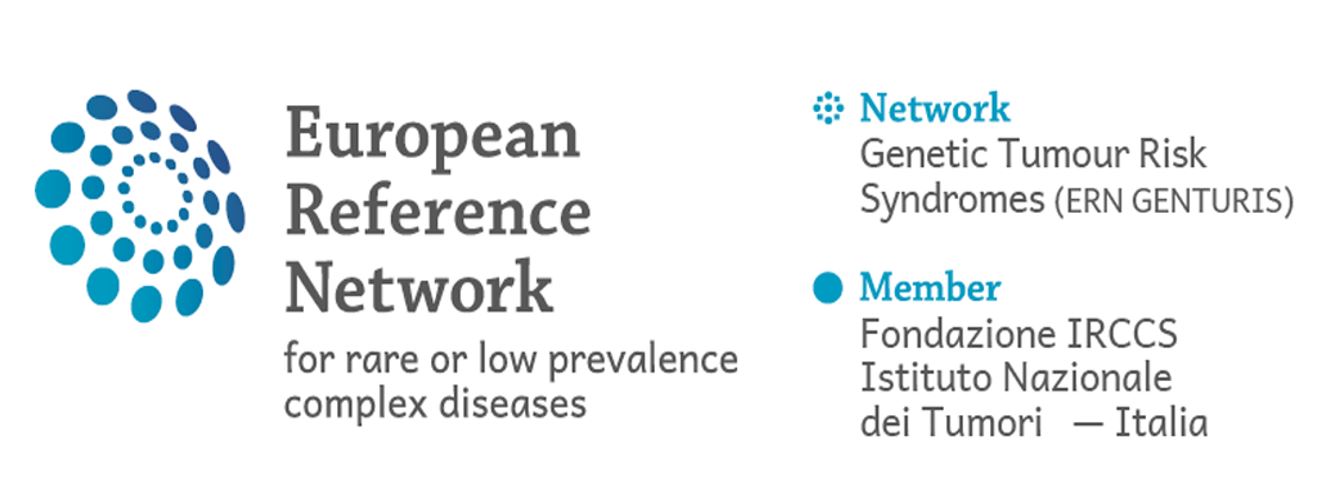HEAD AND NECK AND THYROID CANCER
Head and Neck Cancer
We are committed to provide excellent and appropriate care for our head and neck cancer patients based on current best practices. We aim to deliver the best standards of multidisciplinary knowledge, skill and technology to the care of our patients. We put our patient’s well-being first and we treat our patients with respect always. Our promise is to maintain the highest ethical standards, and safeguard our patients interests at all times.
The Medical Oncology Department is involved in the treatment of the following neoplasms:
- Head and Neck Cancer (nasopharynx, oropharynx, oral cavity, hypopharynx, larynx, paranasal sinuses)
- Salivary glands cancer
- Non-melanoma skin cancer
- Thyroid cancer
- Cancer of Unknown Primary (CUP) presenting with neck nodes
Multidisciplinarity
The Department performs its multidisciplinary (MDT) activities through biweekly first visits and follow-up outpatient clinics. Once a week a multidisciplinary clinical case discussion takes place, with the participation of a dedicated radiologist and other INT professional figures as needed (nutritionist, cardiologist, pneumologist, dentist, supportive and palliative specialist, psychologist, social worker, nurse…).
The simultaneous work of all these different figures is needed to optimize and tailor the best evidence-based treatment, to manage the less typical clinical cases and to assess all specific clinical needs. Each patient gets a leading doctor that coordinates all the activities during the diagnostic and therapeutic phase.
To date, the multidisciplinary work resulted in a high number of patients treated and in a very high number of patients enrolled in clinical studies. This is rather unique due to the relative rare tumor and to the complexity of the disease.
Research activity
Translational research is carried out also in collaboration with other INT research facilities. Research activities are mainly conducted with a genomic approach. Clinical research through the active participation and the proposal of clinical trials embraces all the path of care: integrate treatment of locally advanced cancer, systemic therapy for recurrent/metastatic patients, supportive care in curative and palliative setting, innovative treatment for rare cancer (salivary gland cancer, paranasal sinus cancer). Clinical trial with immunotherapy, targeted agents and histology-driven chemotherapy are available and continuously updated.



















